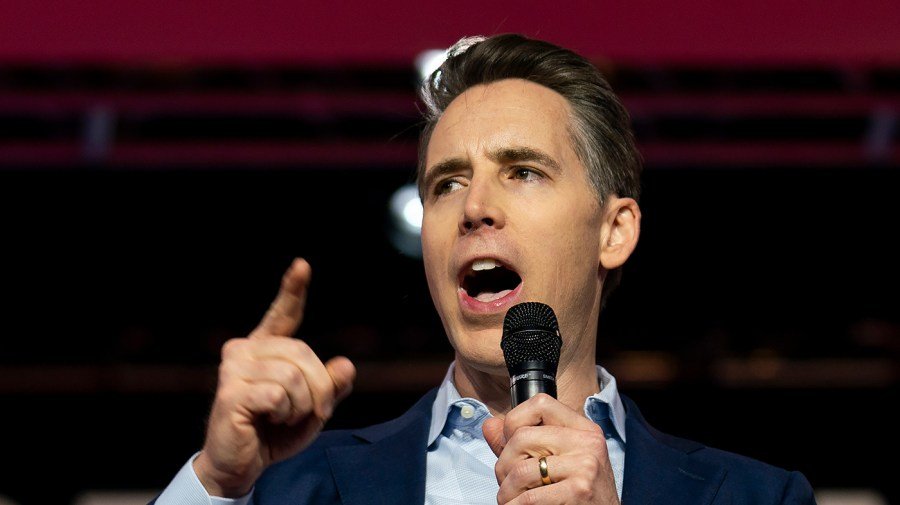
Ten GOP senators have signed on to back Sen. Josh Hawley’s (R-Mo.) bill to fund the Supplemental Nutrition Assistance Program (SNAP) as the government shutdown threatens a program lapse in November.
Republican Sens. James Lankford (Okla.), Lisa Murkowski (Alaska), Susan Collins (Maine), Marsha Blackburn (Tenn.), Bernie Moreno (Ohio), Kevin Cramer (N.D.), Bill Cassidy (La.), Katie Britt (Ala.), Jon Husted (Ohio) and John Cornyn (Texas) have formed a coalition to advance Hawley’s legislation.
Sen. Peter Welch (D-Vt.) remains the sole Democrat in the upper chamber to co-sponsor the bill.
The Keep SNAP Funded Act of 2025 would fund the food aid program for states across the country until the government shutdown ends and the Department of Agriculture (USDA) can receive its allotments through appropriations or stopgap measures.
“There is no reason any of these residents of my state — or any other American who qualifies for food assistance — should go hungry. We can afford to provide the help,” Hawley wrote in a Tuesday op-ed for The New York Times.
“Preventing debilitating poverty through the food program costs only about a tenth of our annual defense budget,” he added, noting that 1.2 million SNAP beneficiaries are veterans.
The Missouri senator’s bill follows the Trump administration’s decision to pay members of the military amid the shutdown with excess funds. However, Treasury Secretary Scott Bessent said the one time exception could not be sustained next month if the federal shuttering extends into November.
The one-off measures to approve certain spending in specific sectors amid the federal closure has been criticized by Senate Majority Leader John Thune (R-S.D.) despite receiving support from lower-ranking party members.
Hawley has argued that food stamp spending is not an “optional extra,” but a vital benefit to Americans that aligns with the country’s tradition of providing aid to those in need.
“Surely it is not hard to understand why SNAP is so essential to so many. The American economy has not been kind to working people in recent years,” Hawley wrote.
“What cost $100 five years ago costs $125 today. So if you’re not earning 25 percent more than you were five years ago, you’re getting poorer. That’s most families in America. And nowhere do they feel it more than at the grocery store.”


